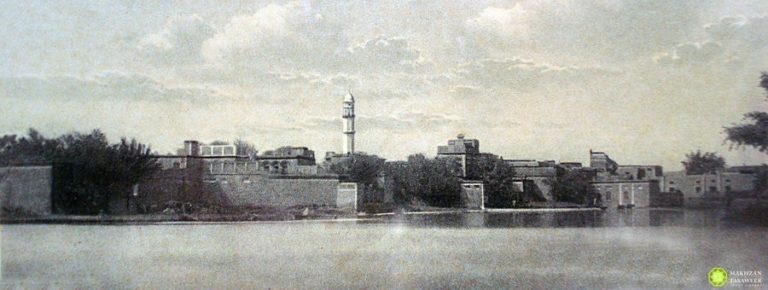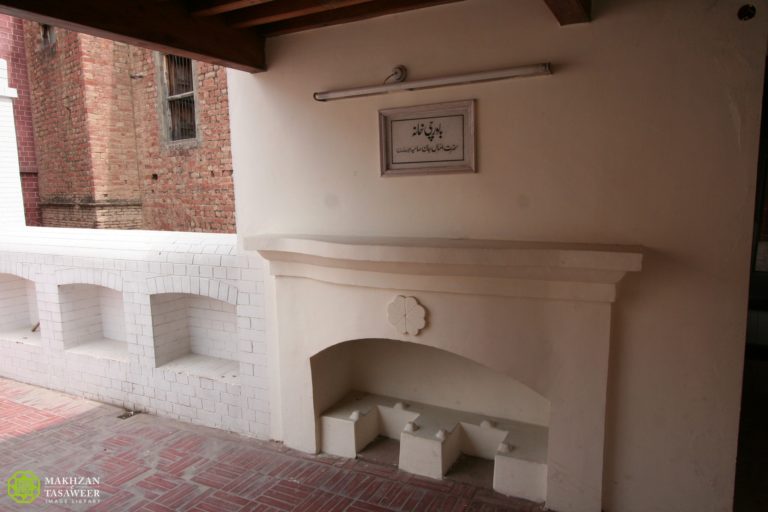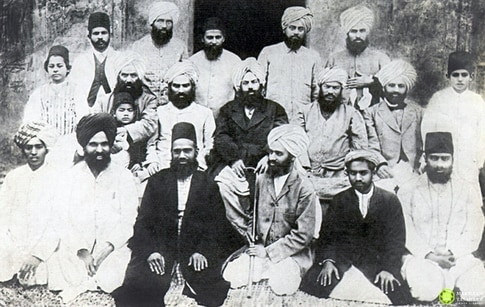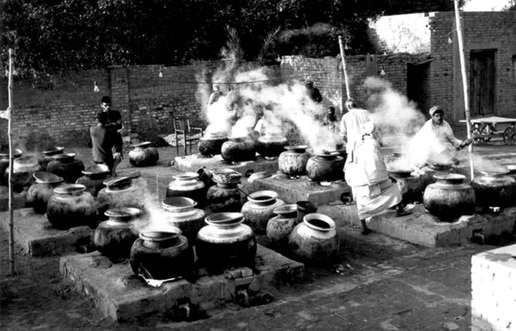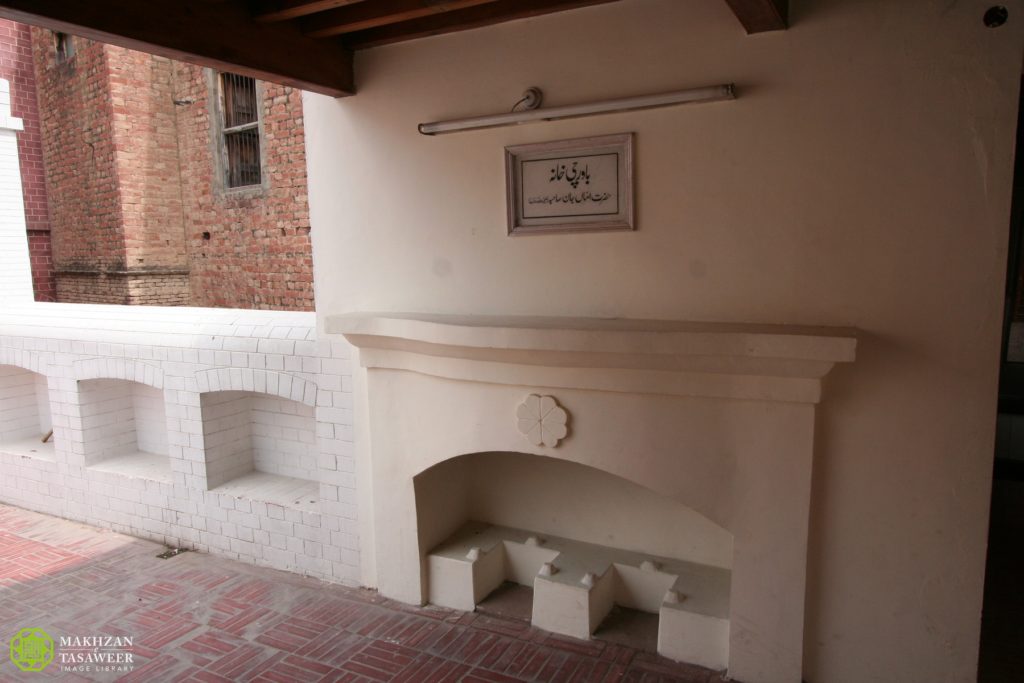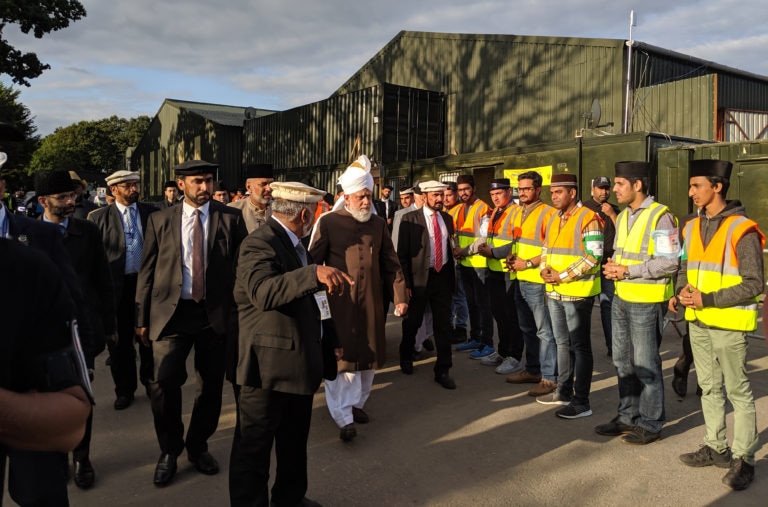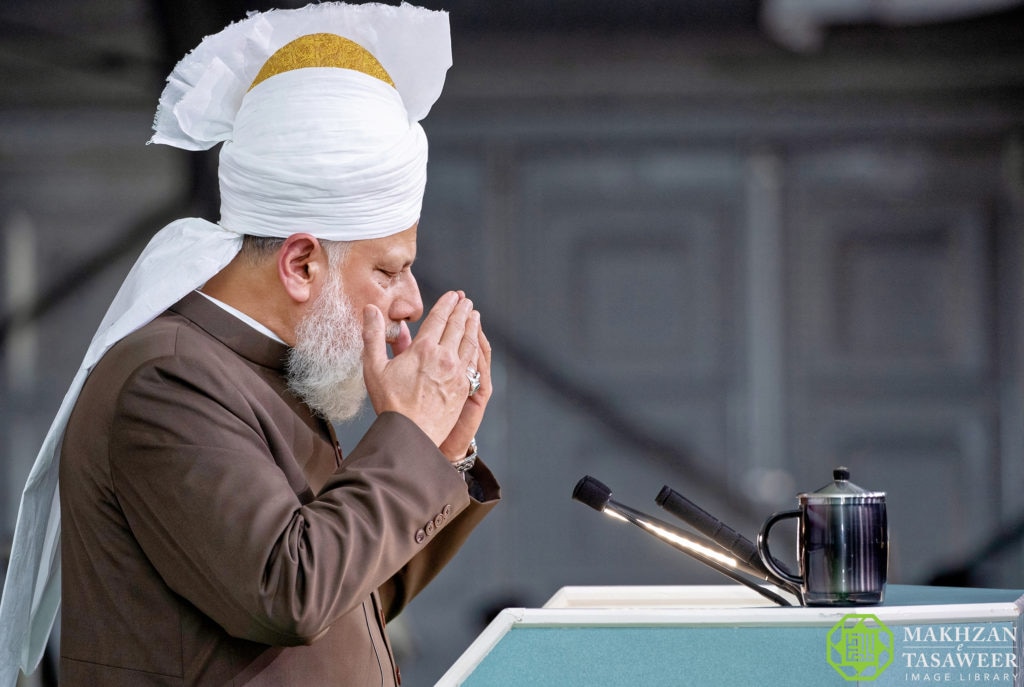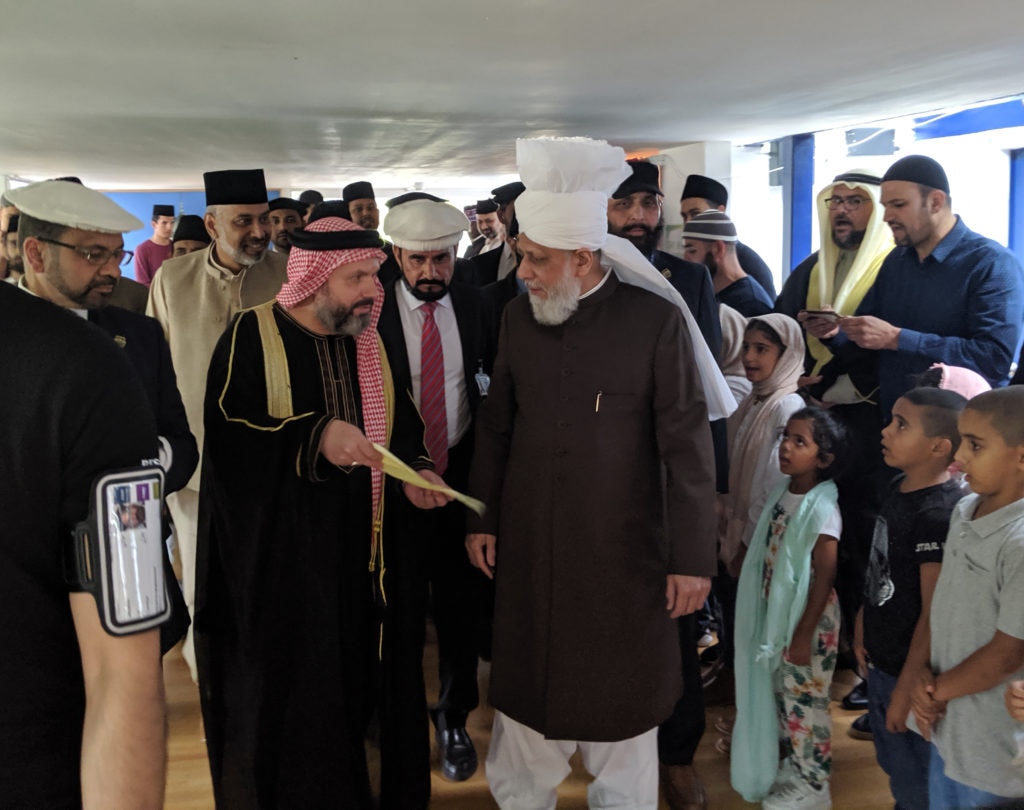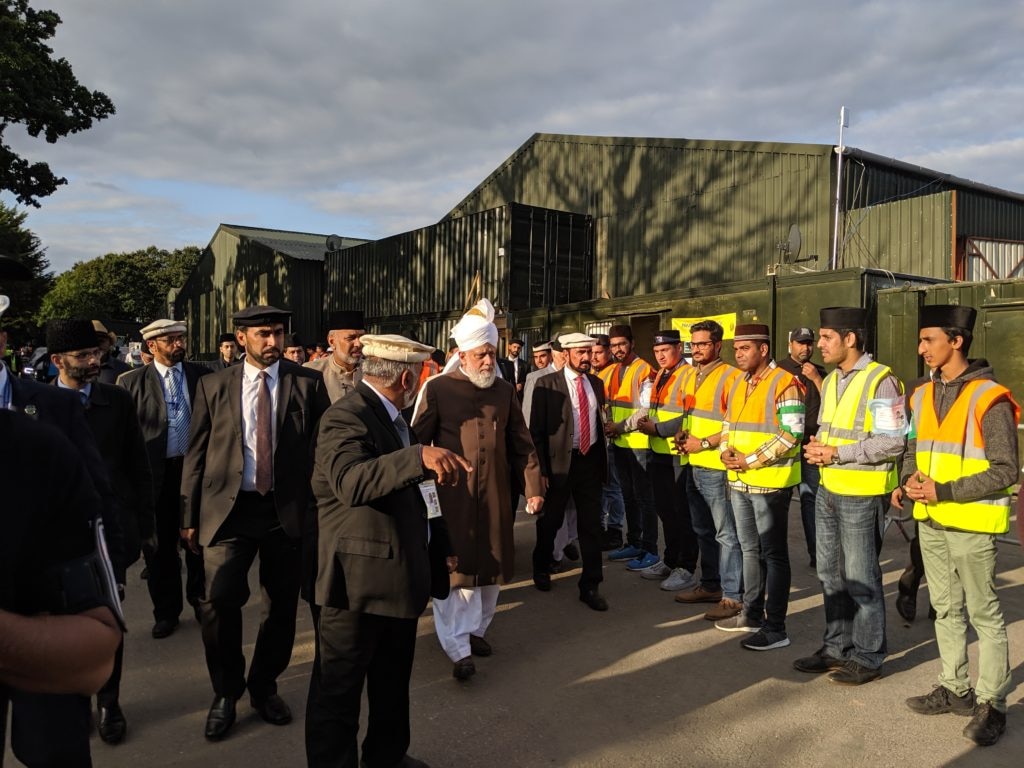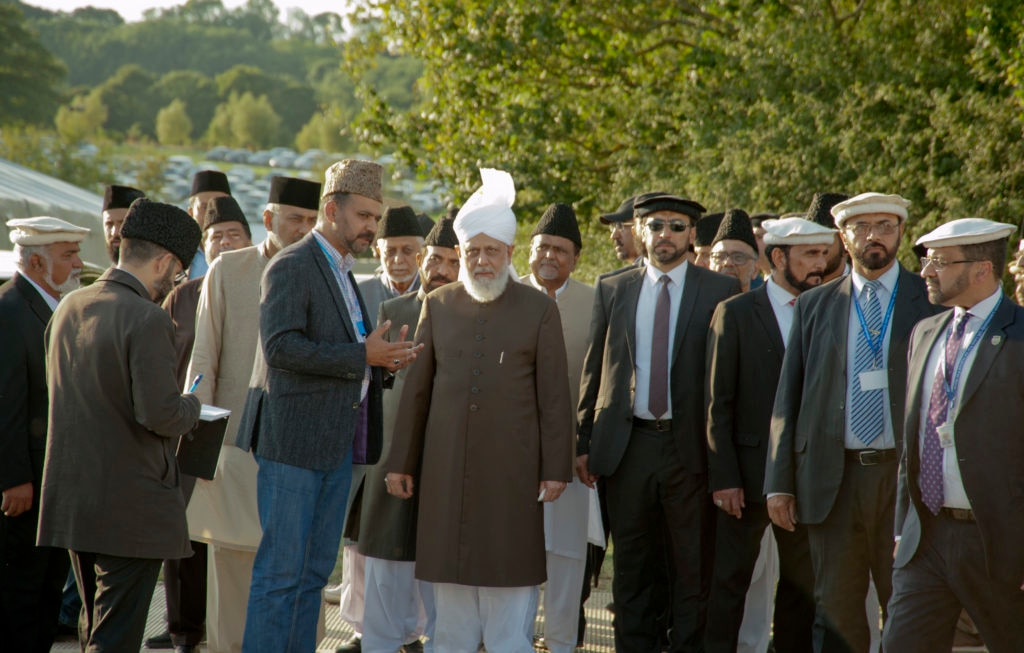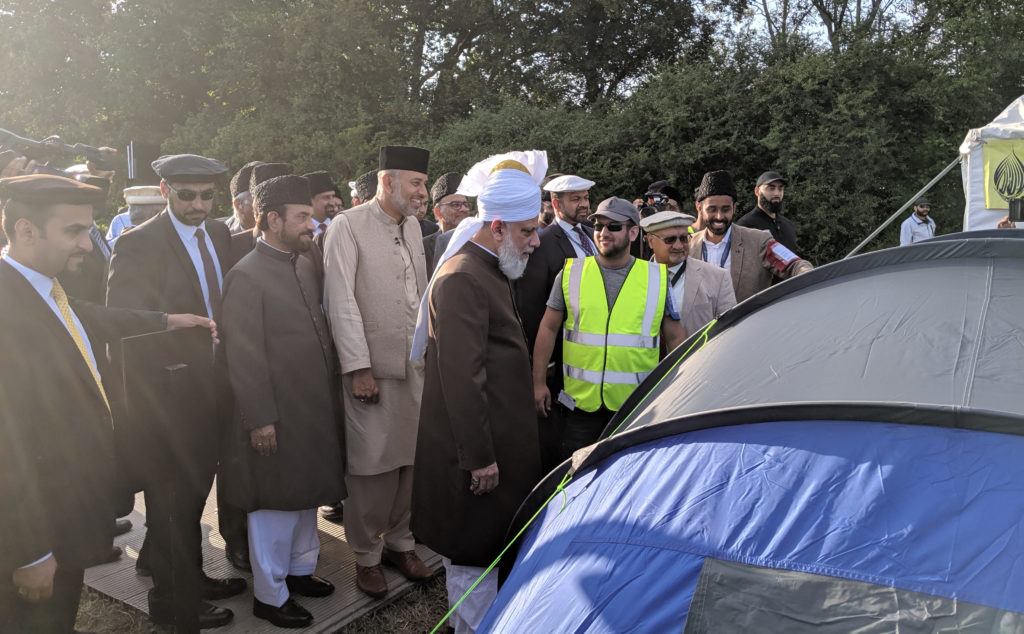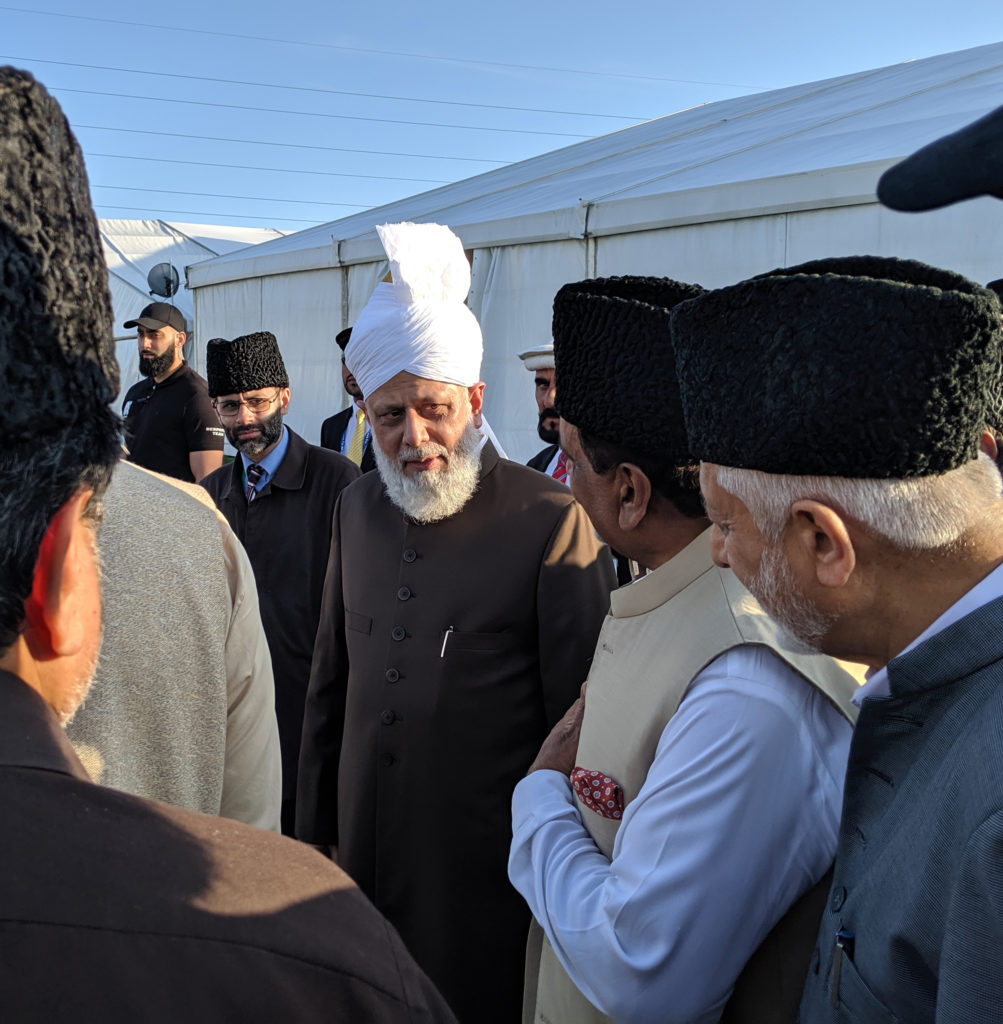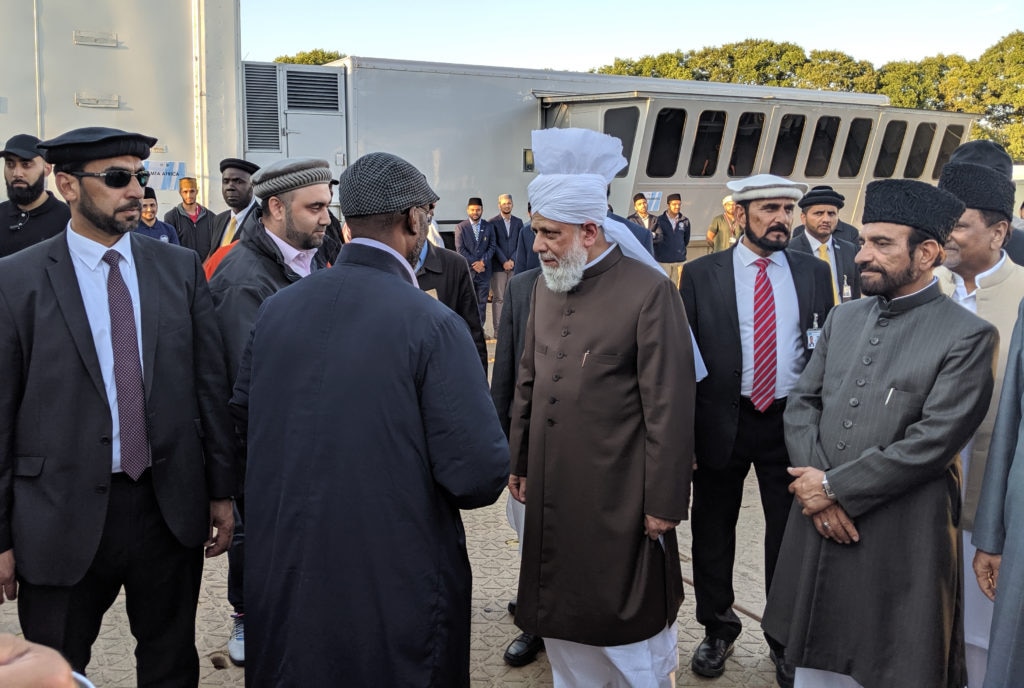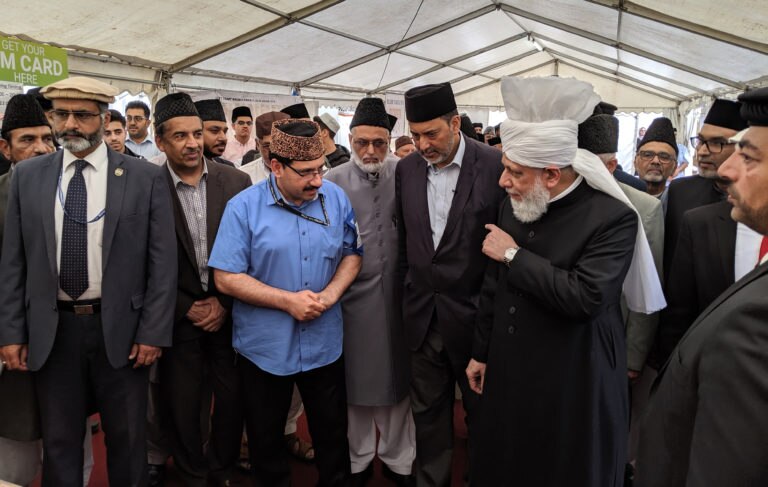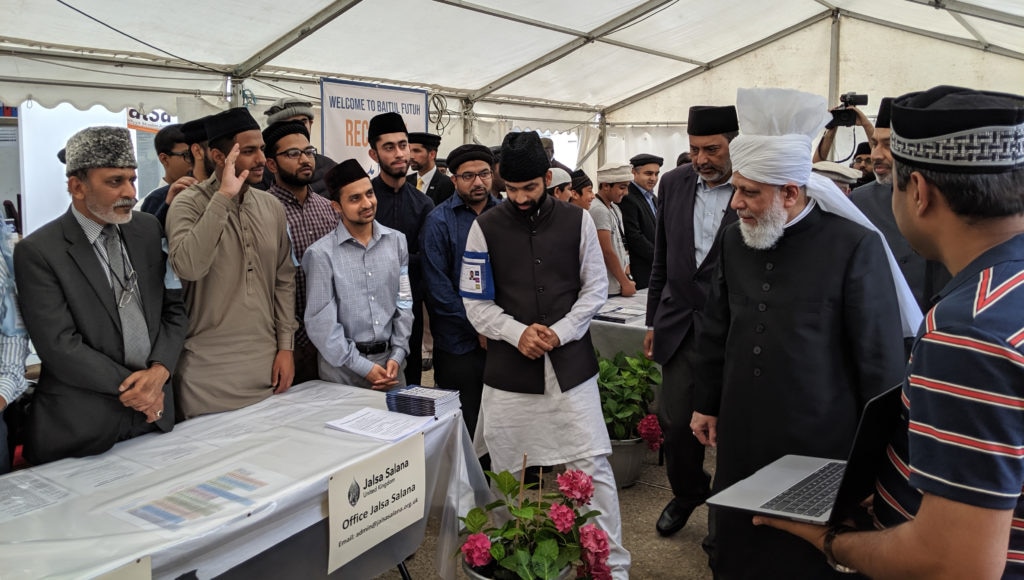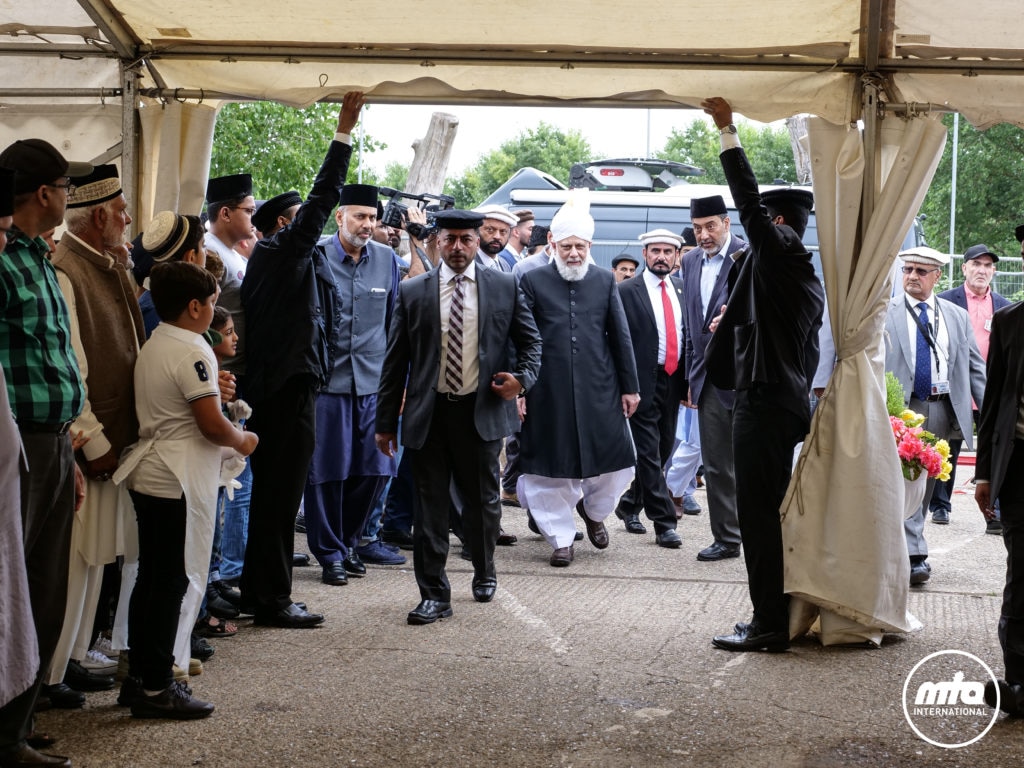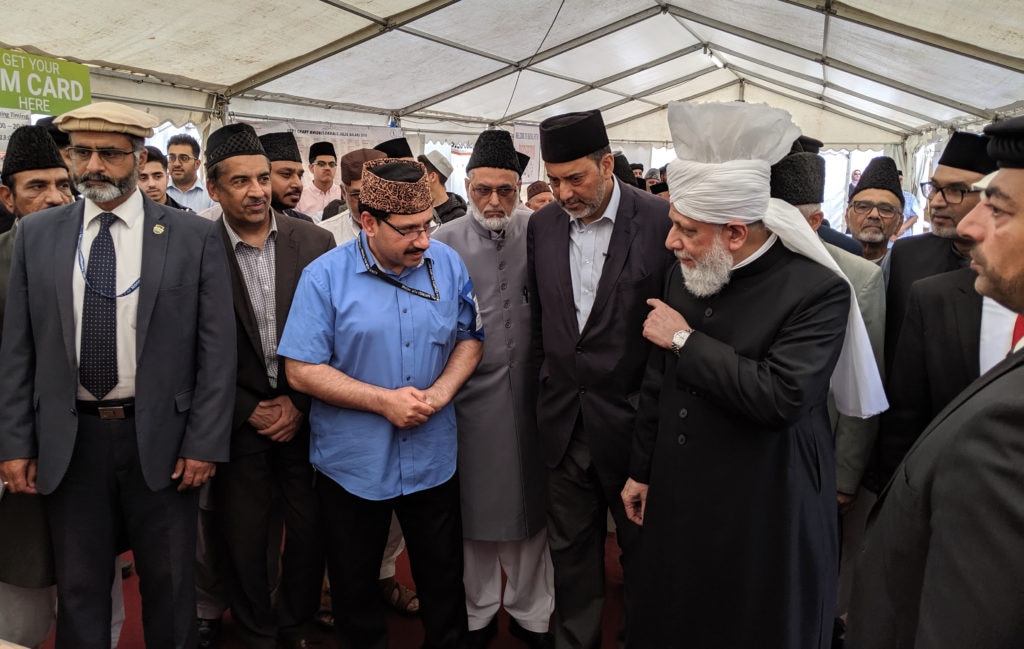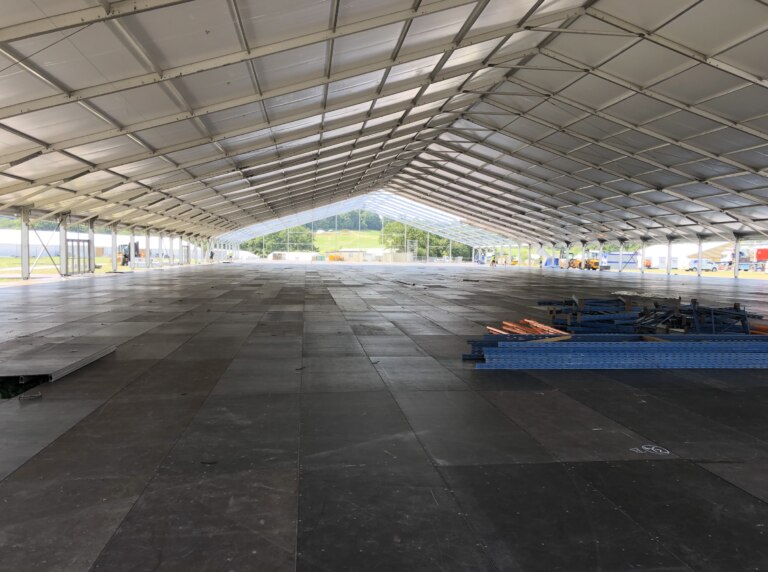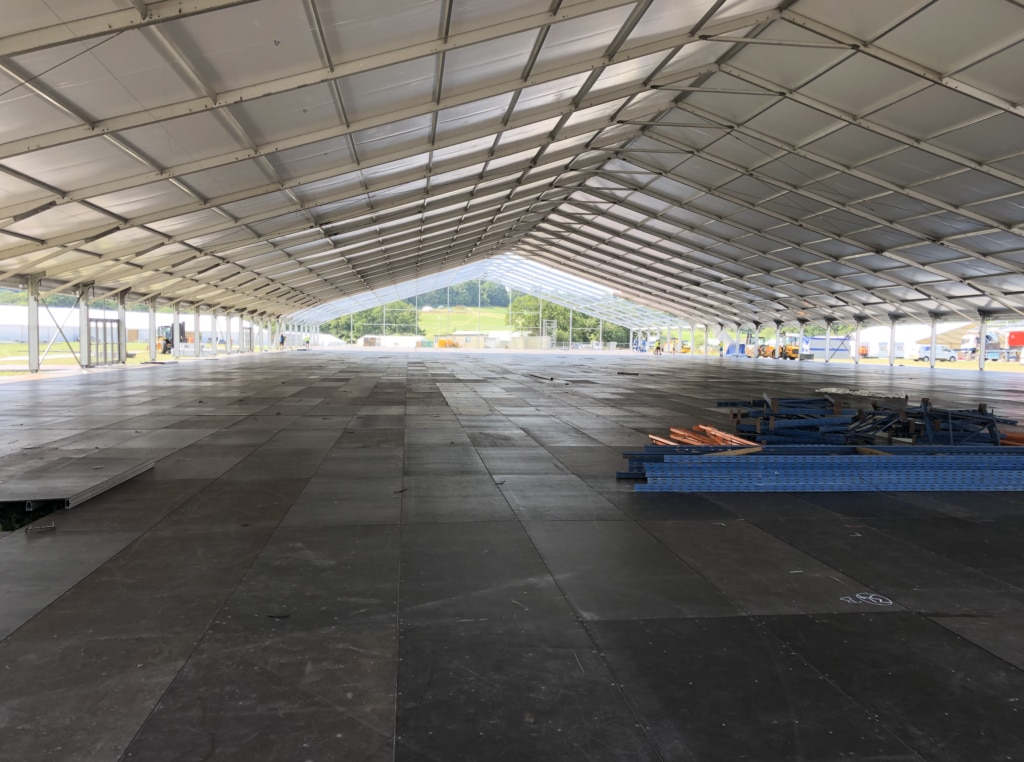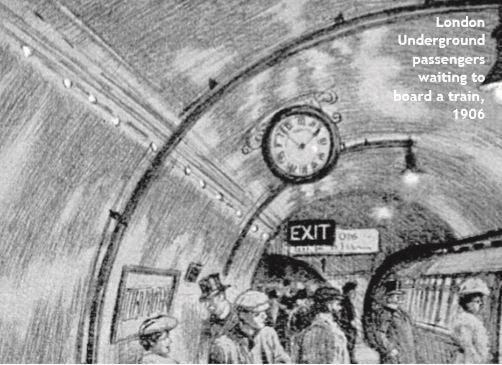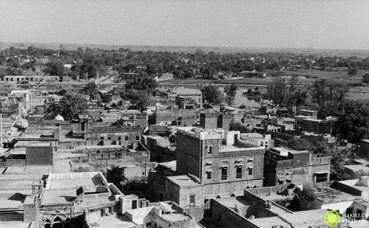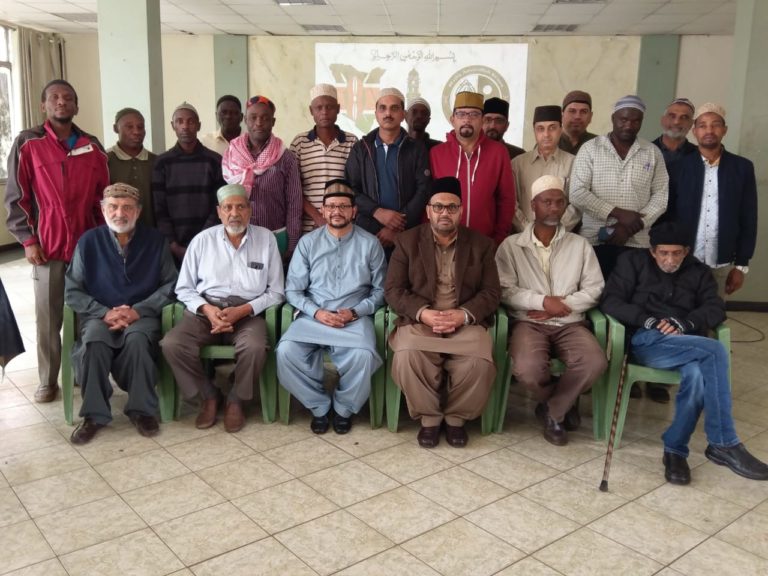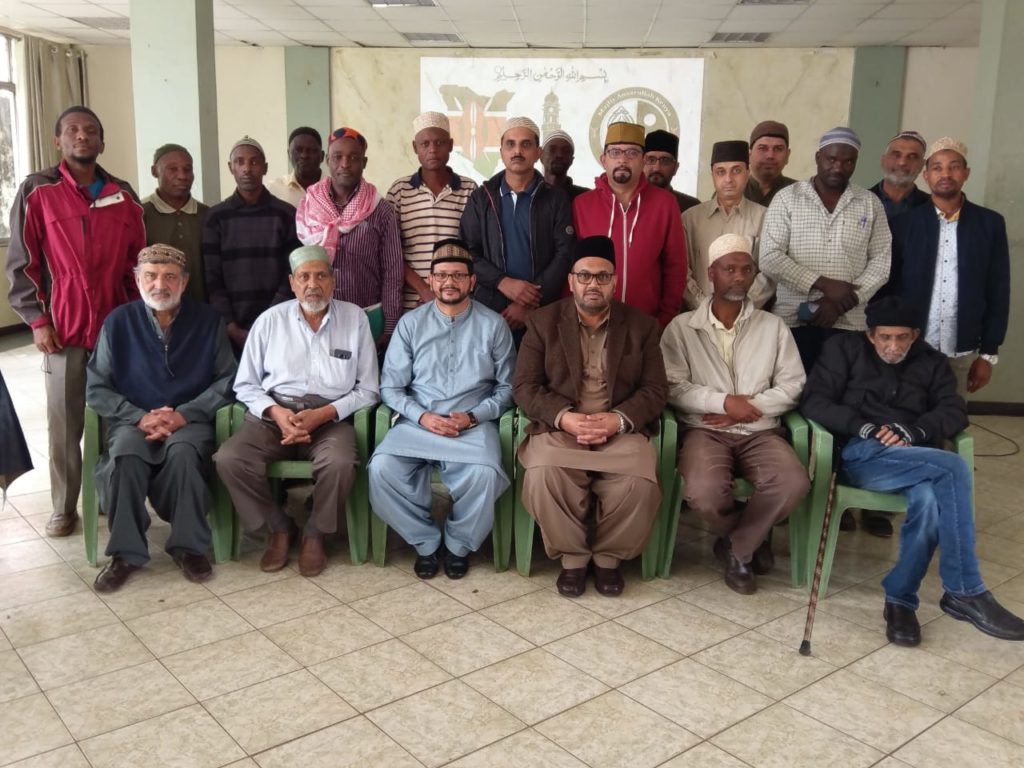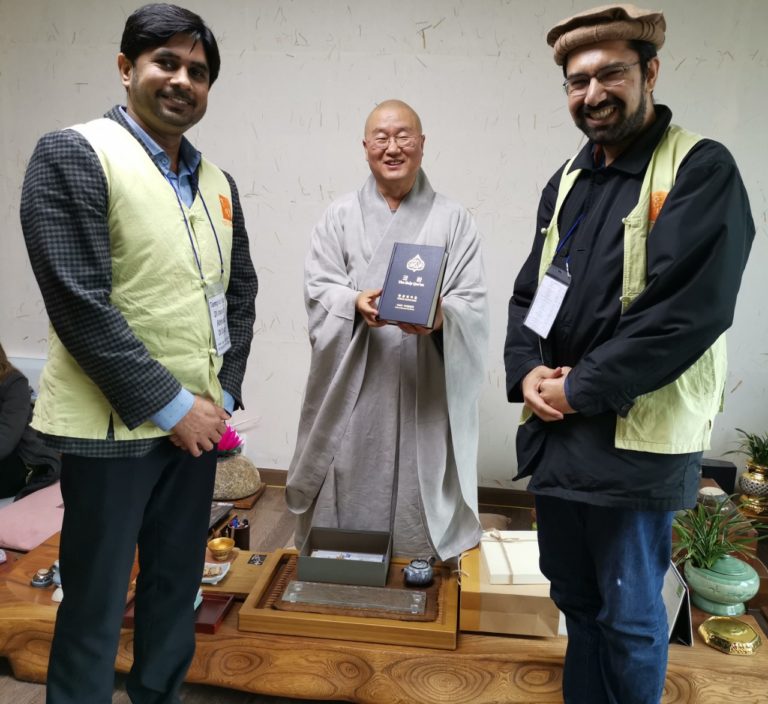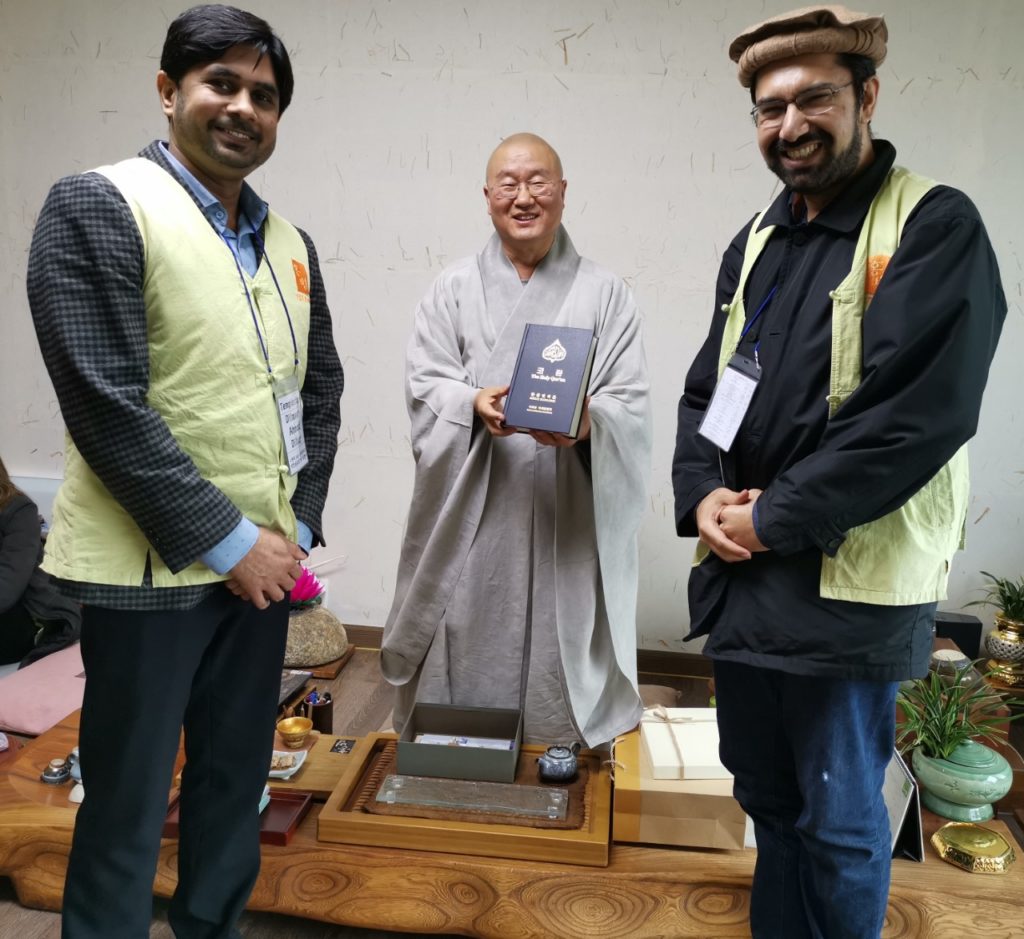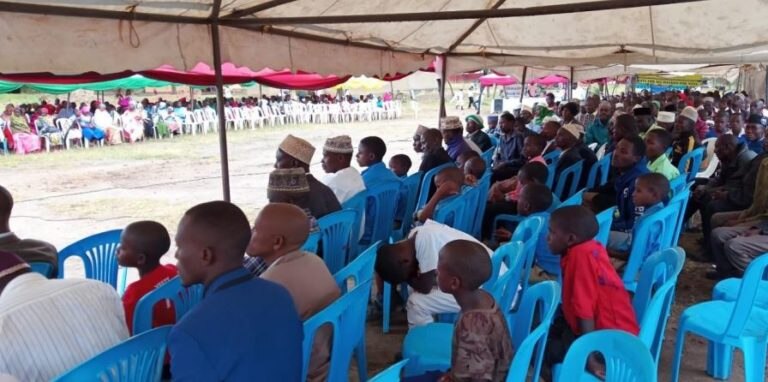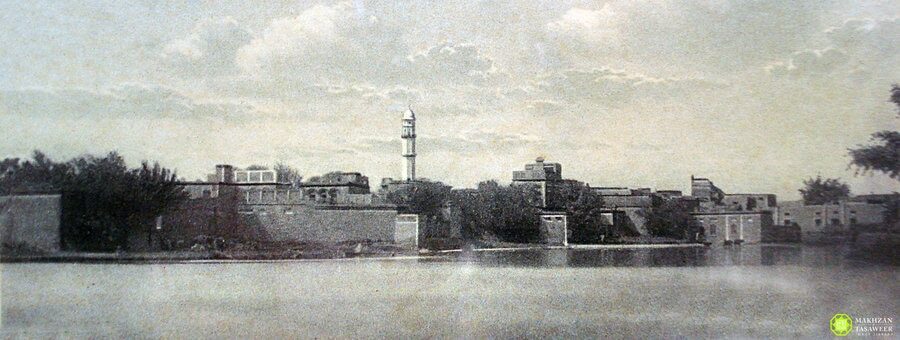
Despite the fact that the Promised Messiahas has clearly elucidated the reasonable and beneficial objectives of Jalsa Salana on numerous occasions, opponents of the Ahmadiyya Jamaat and the Promised Messiahas continue to raise allegations against this annual convention.
Highlighting the purpose and intention behind Jalsa Salana, the Promised Messiahas states:
“The basis [of Jalsa Salana] is to offer pure assistance [for establishing] the truth [of Islam] and to glorify the name of Allah. In fact, Allah the Almighty placed the primary brick of this institution by His own hand.”
The Promised Messiahas was foretold regarding the global progression associated with the institution of Jalsa Salana by Allah the Almighty. He received glad tidings that nations had been created by Allah the Almighty to take part in this Jalsa. However, he was very cautious and mindful to highlight the fact that he had no desire to display the large number of his followers like a worldly saint or a religious leader.
The opponents target various aspects of Jalsa Salana. At times, the journey to Jalsa is referred to as an innovation and sometimes the attendance of the gathering is ridiculed. On some instances, the picture of sajda-e-shukr (prostration of gratitude to Allah) offered at the occasion of International Bai‘at (initiation ceremony) is deliberately presented out of context to manipulate the minds of innocent people. In addition, the accommodation facilities built for the convenience of guests are targeted to further malign members of the Jamaat.
The humble beginning of Jalsa Salana dates back to 1891, when it was held in the remote village of Qadian and attended by around 75 members of the Ahmadiyya Muslim Jamaat. The primary purpose of this convention was to help enhance the religious knowledge of members and to provide means whereby their perception of Allah may progress.
In spite of all the helpful and spiritual benefits of Jalsa Salana, the opponents hailed it an innovation. A person in the time of the Promised Messiahas went to Rahim Bakhsh, the Imam of Chinian Wali Mosque, Lahore and asked for an edict to be issued regarding far-off journeys which are made in particular days to take part in this annual convention. Further to make the edict much more dramatic, a verdict was taken regarding the person who specifically builds a house as a holy place for Jalsa or offers monetary sacrifice for it. The reason for demanding the second verdict was that Hazrat Hakim Maulvi Nuruddinra built a house at his own expense for the accommodation of Muslims who would come to attend the convention and Hakim Fazl Din Sahib of Bhera raised monetary contributions for the house.
Hence, Mian Rahim Bakhsh issued an edict against the institution of Jalsa Salana and produced a lengthy statement referring to a Hadith, which was not relevant to the matter. Cutting the long story short, he declared that the journey for Jalsa was an innovation, rather it was a sin and the recommendation of these gatherings was unconventional as there was not a single example in the Holy Quran or Sunnah (practice of the Holy Prophetsa) which testified to it. Moreover, the person who established it in Islam was accursed – God forbid.
As Jalsa Salana was established by the Promised Messiahas and the objections against it were also raised well within his time, he himself responded and eliminated these allegations in his detailed announcement, published on 17 December 1892. It was recorded in the first volume of Majmua Ishtiharat (collection of announcements) on pages 352 to 365. Below is the summary of the announcement:
The Promised Messiahas deemed the objection against Jalsa Salana to be a great sign of the approaching Judgment Day, when ignorant persons would become masters and leaders of the masses after the demise of righteous scholars and owing to their ignorance and lack of reasoning in deducing religious matters, they would not only mislead innocent minds but themselves as well.
Those who level allegations against the blessed institution of Jalsa Salana, their state resembles the muftis (those who issue edicts) of the final days, i.e. the maulvis, the muhaddises (well-versed in the knowledge of Hadith), faqihs (Islamic jurist); they would all be the worst of all people dwelling on the earth.
The news of these fault-finders have been foretold in a Hadith that they would recite the Quran but it would not go beyond their throats, i.e. they would not act according to its teachings.
The Promised Messiahas highlighted the fact that it is not only permissible to embark on a journey for the reason of acquiring religious knowledge, but in fact it is compulsory in light of the Holy Quran and the sayings of the Holy Prophetsa.
The Promised Messiahas presented the sayings of the Holy Prophetsa to support his argument. The Holy Prophetsa said:
طلب العلم فریضۃ علی کل مسلم و مسلمۃ
“Seeking knowledge is an obligation upon every Muslim man and woman.”
On another occasion, the Holy Prophetsa stated:
اطلبواالعلم ولوبالصین
“Acquire knowledge even if you have to go as far as China.”
The Promised Messiahas emphasised that the main intention behind the journey for participating in Jalsa Salana is to acquire knowledge; to pose questions against it is an act of thrashing honesty, sincerity, impartiality, nobility and purity.
As far as the issue of allocating specific dates for the gathering of members is concerned, it is only a matter of management and neither is it condemnable, nor an innovation in Islam to carry out a task in an organised manner, as it is said in a Hadith:
انماالاعمال بالنیات
“Verily, actions are judged by intentions.”
The Promised Messiahas explained that setting aside prejudices, a person can easily understand that there is no innovation in gathering on a fixed date.
Hazrat Ahmadas expressed surprise about the fact that Maulvi Sahib declared him accursed but forgot to recall those sayings of the Holy Prophetsa in which he urged his followers to embark on journeys in order to acquire knowledge, and declared the act of going to meet a Muslim brother as a source of God’s delight, and stated that making a journey to visit holy persons was a means of attaining forgiveness and expiation for sin.
It should be kept in mind that taking the Hadith:
لا تشد الرحال الا الی ثلاثۃ مساجد، المسجدالحرام و مسجدی ھذا والمسجد الأقصی
“Do not partake in a journey except for three mosques, i.e. Al-Masjid-ul-Haram (the Holy Ka‘bah), the Mosque of the Holy Prophetsa (Masjid-e-Nabawi), and the Mosque of Al-Aqsa (Baitul Maqdas)”, to mean that all other journeys are forbidden except for those mentioned in it is in fact an act of sheer ignorance.
The Promised Messiahas pointed out countless occasions when it is necessary and beneficial for a person to set out for a journey. For instance, one travels to acquire knowledge, to meet relatives, to find work, to convey a message, to set out in the cause of Allah, to seek an edict, to visit saints (as Hazrat Umarra went to meet Hazrat Owais Qarnira), to visit holy masters (as was the practice of Hazrat Sheikh Abdul Qadirrh, Hazrat Bayazid Bastamirh, Hazrat Muinuddin Chishtirh, Hazrat Mujaddid Alf Sanirh) and to view the wonders of the world as it is indicated from the verse of the Holy Quran:
سِیۡرُوۡا فِی الۡاَرۡضِ
“Go about in the earth” (Surah alAnam, Ch.6: V.12) and to stay in company of the truthful (sadiqin) as it is guided in the verse of the Holy Quran:
یٰۤاَیُّھَا الَّذِیۡنَ اٰمَنُوا اتَّقُوا اللّٰہَ وَ کُوۡنُوۡا مَعَ الصّٰدِقِیۡنَ
“O ye who believe! fear Allah and be with the truthful” (Surah al-Taubah, Ch.9: V.119).
On other occasions, a journey is undertaken to visit the sick, to seek medical treatment, to appear in court, to carry out trade etc.
It is quite strange that both the persons – the one who sought the edict and the one who issued – partook in various journeys of the same kind, but they do not pay heed. The Promised Messiahas asserted that in view of the opponents, if all other journeys except for the three mosques were forbidden, then they should renounce their relationships, abandon their relatives and refrain from undertaking any journey towards their loved ones in order to meet or to join them in grief or sickness.
One should ponder over the book of Hadith, Sahih al-Bukhari, which gives glad tidings that Allah the Almighty would make the passage of paradise easier for that person who makes a journey for acquiring knowledge and follows a path.
The Promised Messiahas reiterated that the opponents should examine and observe the subject of his announcement published on 7 December 1892, which clearly shows that he introduced the institution of Jalsa Salana for members of the community to gain knowledge, to resolve religious issues, to provide assistance for Islam and to meet each other in order to increase brotherhood. Huzooras clarified that the gathering is not for enjoyment or entertainment.
The Promised Messiahas called the attention of the opponents towards the sayings of the Holy Prophetsa in which the journey for the purpose of seeking religious knowledge and eliminating doubts was declared a source of great rewards and abundant bounties. It is stated in a Hadith that on the Day of Judgment, a person would be under firm accountability for their bad deeds, but Allah the Almighty would ask them if they went to meet a certain holy person. They would reply that they did not visit them intentionally, but once they happened to meet someone on their way. Thereupon, Allah the Almighty would forgive them on the basis of the encounter and tell them to enter the paradise.
The Promised Messiahas expounded upon the matter of allocating specific days of a month for the religious Jalsa and stated that someone may possess a doubt and question whether it is justified by the practice of the Holy Prophetsa or the Companionsra.
The reply to this query is that a person should contemplate and study the books of Hadith, Bukhari and Muslim. People of remote areas used to visit the Holy Prophetsa and seek guidance on various issues. At times, groups would visit him in specific months of the year.
It is narrated by Hazrat Abu Hamza in Sahih al-Bukhari that a messenger group from the tribe of Abdul Qais came to meet the Holy Prophetsa and said that as they had journeyed from a far-off land, they could not visit except in the sacred months. The Holy Prophetsa did not reject their request and accepted it.
Hence, it is substantially proven from the Ahadith that people can set dates according to their convenience for visiting their spiritual leaders to increase knowledge and hold religious meetings. The Promised Messiahas put forward that Hazrat Imam Bukharirh formed a separate chapter on the allocation of specific days for holding a gathering to acquire religious knowledge. The heading of that chapter is, “Selecting specific days to benefit the seeker of knowledge is a sunnah (practice) of certain Companionsra”. To justify the title, Hazrat Imam Bukharirh then quotes a Hadith narrated by Hazrat Abu Wail that Hazrat Abdullahrh had fixed Thursday to deliver his address and people used to participate in it on Thursdays. As Islam is going through a phase of difficulties in the changing times and we are being attacked by opponents through new and innovative ways, we have to devise plans and make strategies to counter the attacks on Islam. Hence, it is quite evident from the 61st verse of Surah al-Anfal that Allah the Almighty grants us general authority to be ready and make plans against the opponents in the best possible ways. Those who hail the blessed institution of Jalsa Salana an innovation or infidelity and call the servants of faith “accursed” – regarding whom the Holy Prophetsa said:
حب الانصار من الایمان
“Love for Ansar is a part of faith” – are in fact those who lead people towards spiritual damnation.
Imam Bukharirh has taken up the matter of those persons who mislead people and formed an entire chapter about it. He states that Hazrat Alira once said:
حَدِّثُواالنَّاسَ بِمَا یَعْرِفُونَ أَتُحِبُّوْنَ أَنْ یُکَذَّبَ اللہُ وَرَسُولُہُ
“Tell people that which they can understand. Would you like for Allah and His Messenger to be rejected?” and further states in the interpretation:
ای تکلموا الناس علی قدر عقولھم
“That is, talk to people according to their mental capacities,” which means that people should be conveyed those sayings of God and his Prophetsa which are rational and can easily be comprehended so that they do not renounce Allah and his Prophetsa.
It is obvious from the act of the maulvi that people would point fingers at the edict because it not rational to declare all other journeys unlawful except for journeys to the three mosques. Such a statement provides a reason to mock Islam and ultimately to raise allegations against most dignified personage of the Holy Prophetsa. The Promised Messiahas further sheds light on the issue that innovation is a matter which is clearly against the Sunnah of the Holy Prophetsa and there are examples in the life of the Holy Prophetsa where he has reprimanded or admonished people against it. If we do not realise the requirements of the changing times and start calling every revolutionary act or strategy an innovation, then Islam is full of countless innovations. For instance, the knowledge of Arabic grammar and morphology should be called an innovation and the knowledge of Hadith would be deemed an innovation as well. Moreover, journeying by train, wearing clothes prepared by machines, posting letters, receiving news by means of telegrams and fighting wars with guns and cannons, all would be acts of innovation. In fact, using guns and cannons would be hailed huge sins because it is stated in the Ahadith that killing your enemy by the torment of fire is strictly forbidden.
The Companionsra were the most worthy of all to understand the Sunnah of the Holy Prophetsa, but the meaning that was deduced by Mian Rahim Bakhsh was not comprehended by the Companionsra.
They carried out various new works to fulfill the requirements and needs of the time that were neither performed by the Holy Prophetsa, nor were they present in the Holy Quran.
Hazrat Umarra invented the Islamic Hijri calendar, appointed chief police officers to guard the cities, established a formal office for Bait-ul-Mal (the treasury), determined the rules of attendance and leave for soldiers, draft ed the disciplines of fighting, issued instructions regarding the cases of Mal, personally published proposed rules for the safety of state subjects and deemed it obligatory upon himself to secretly patrol at night and look after his subjects. None of the steps or actions taken by Hazrat Umarra were considered innovations.
Hence, the Promised Messiahas was not an innovator in Islam when he established the institution of Jalsa Salana for members of the Jamaat to gain knowledge, to provide assistance for the promulgation of Islam and to meet each other.
Lastly, we clarify the second edict which was about the building of an abode for the participants of Jalsa Salana. As far as the construction of a house is concerned, the construction of a guesthouse or places for accommodation for the convenience of guests and hospitality cannot be considered a wrongful act. If it was an innovation or an act of extreme transgression, then it was mandatory upon the opponents to present a Hadith or verse of the Holy Quran to support their argument.
It does not behove a virtuous person to hold Hazrat Hakim Maulvi Nuruddinra accountable for building a house for the Ahmadiyya Jamaat just for the sake of attaining God’s delight and serving the religion of Islam with great effort and using all his wealth.

